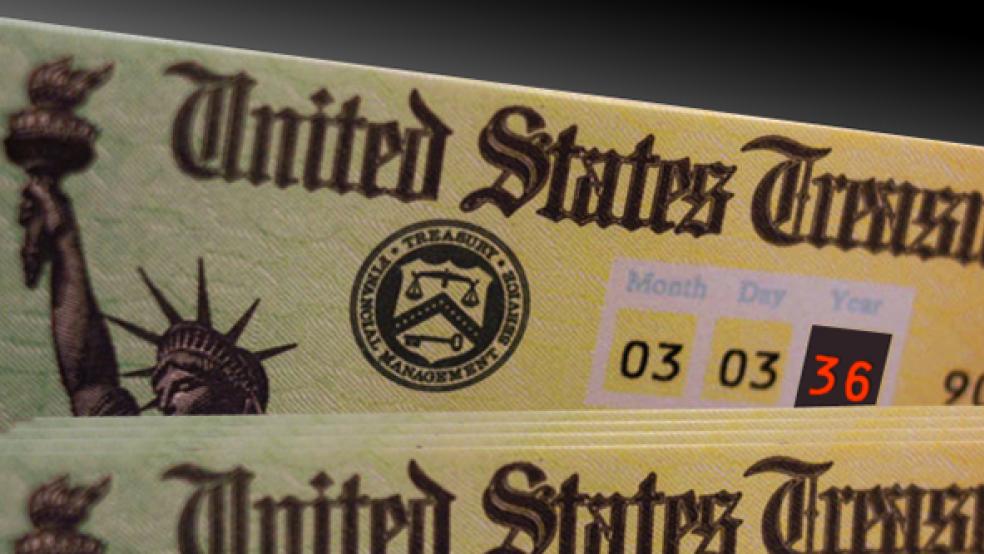Democrats in the House are pushing for another massive relief bill with more than $3 trillion in additional spending, but Republicans have called for a pause to give lawmakers a chance to evaluate the strength of the economy and the effectiveness of the money provided so far. And GOP leaders are increasingly expressing doubts about the need to provide another round of $1,200 stimulus payments.
Sen. James Lankford (R-OK) said Tuesday that the CARES Act was necessary and effective, but the situation has changed. “Most folks are very grateful for the help,” he said. “But I don’t think we should set up a situation where we’re doing a check month after month after month.”
Sen. Mitt Romney (R-UT) said that another round of direct stimulus checks is “unlikely,” not least due to growing concerns about their cost. “I think it’s important for us to consider how we’re going to pay for all this and specifically how we’re going to deal with the structural deficit we have that adds a trillion to the debt every year. I hope that’s part of the next package,” he said.
Some Democrats in the Senate have also expressed doubts about sending out more stimulus checks, preferring instead to focus on employment and institutions.
“My concern is that it’s not focused in a way that is designed to help create or help sustain jobs, to deal with rental housing or education,” said Sen. Christopher Coons (D-DE). “My top priority is a robust round of assistance to state and local governments.”
What’s next: Legislation is unlikely to pass before July. White House advisers are scheduled to meet this week to discuss their plans for the next coronavirus package, which is expected to focus on promoting a national return to work and normal life as quickly as possible.
Ideas that have been discussed include a continuation of enhanced unemployment benefits but at a lower level; federal support for worker’s salaries; tax breaks for Americans who take vacations domestically; a payroll-tax holiday; and a capital-gains tax cut for investors.




